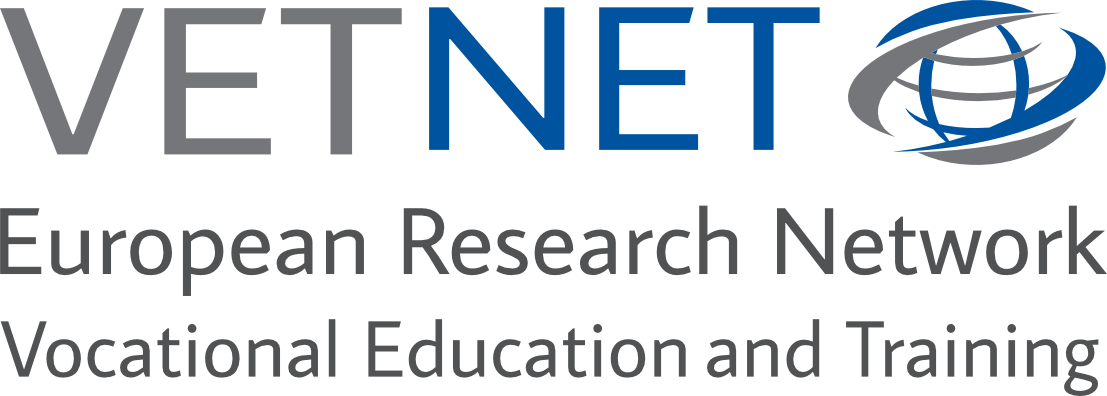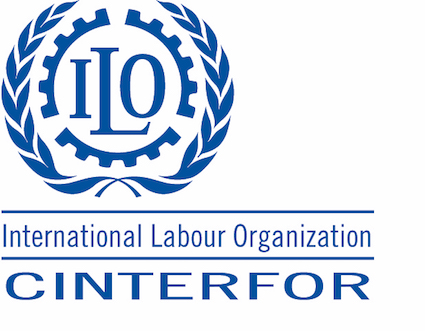Co-Operation Between Actors in Dual Training Programmes: Conditions for Success in the Mexican Tourism Sector
DOI:
https://doi.org/10.13152/IJRVET.12.3.4Keywords:
Vocational Education and Training, VET, Dual Training, Actors' Co-Operation, Mexico, Tourism SectorAbstract
Context: For many years, dual training programmes have been transferred from German speaking countries to other countries. It has been repeatedly pointed out that this transfer is made particularly difficult by the need for co-operation between numerous different stakeholders. Despite various transfer activities, however, the scientific findings on the topic to date are rather limited.
Approach: This study therefore identifies and discusses the principles for successful co-operation in the Mexican vocational training system in the tourism sector. Two research questions are addressed, the first following a deductive research approach and the second an inductive one: 1) Which of the principles for successful co-operation named in the research literature can also be found in Mexico? 2) Which other or further principles are relevant in the Mexican context? The tourism sector in Mexico is especially suitable as an object of investigation as, over a number of years there has been an intensive implementation of dual training structures here. Based on 70 expert interviews with the various stakeholders in three regions of Mexico, principles for successful co-operation were developed.
Findings: The findings show that a large number of interacting principles are necessary for successful co-operation between the players. A total of 18 principles were identified in the categories of relationships, control efforts and embedding. Seven of these principles had not been explicitly identified in the existing scientific literature. Some examples of the new principles identified are: Regarding the "relationships" category, the findings identified the identification and selection of partners as a previously non-existent principle. The aspect of contracts at an international and national level was also recognised as an independent principle from our data, which can be assigned to the category "control". Internal security is also an important aspect for the learning centres and can be subsumed under the category of embedding. The newly generated principle of the length of the practical phases can also be categorised as embedding.
Conclusions: These principles are discussed and interpreted both in the context of existing scientific approaches and specifically in the Mexican context. The work reveals the high degree of interdependence between the principles. Individual principles can therefore not be considered in isolation. The review and extension of the principles can provide important stimuli for both VET transfer research and educational governance research.
Downloads
Online First / Final Publication Date
How to Cite
Issue
Section
URN
License
Copyright (c) 2025 Matthias Pilz, Beke Vogelsang

This work is licensed under a Creative Commons Attribution-ShareAlike 4.0 International License.





